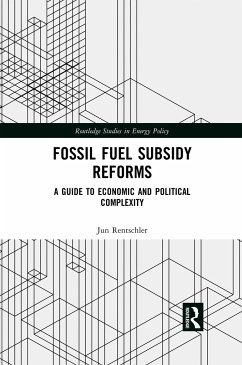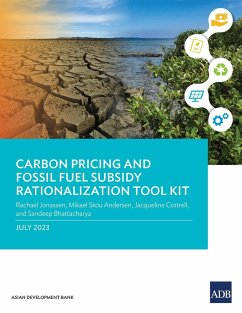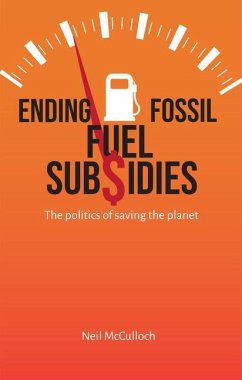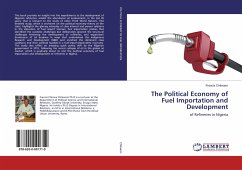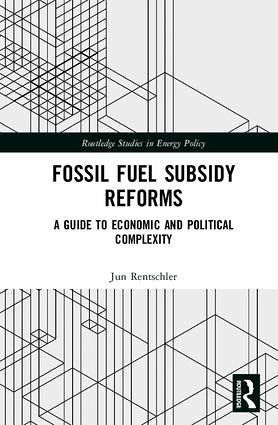
Fossil Fuel Subsidy Reforms
A Guide to Economic and Political Complexity
Versandkostenfrei!
Versandfertig in 1-2 Wochen
168,99 €
inkl. MwSt.
Weitere Ausgaben:

PAYBACK Punkte
84 °P sammeln!
This book provides a guide to the complex challenge of designing, assessing, and implementing effective fossil fuel subsidy reforms. Rather than treating subsidy reforms as a purely fiscal affair, this book emphasises that subsidy reforms can contribute to all three dimensions of sustainable development objectives.





